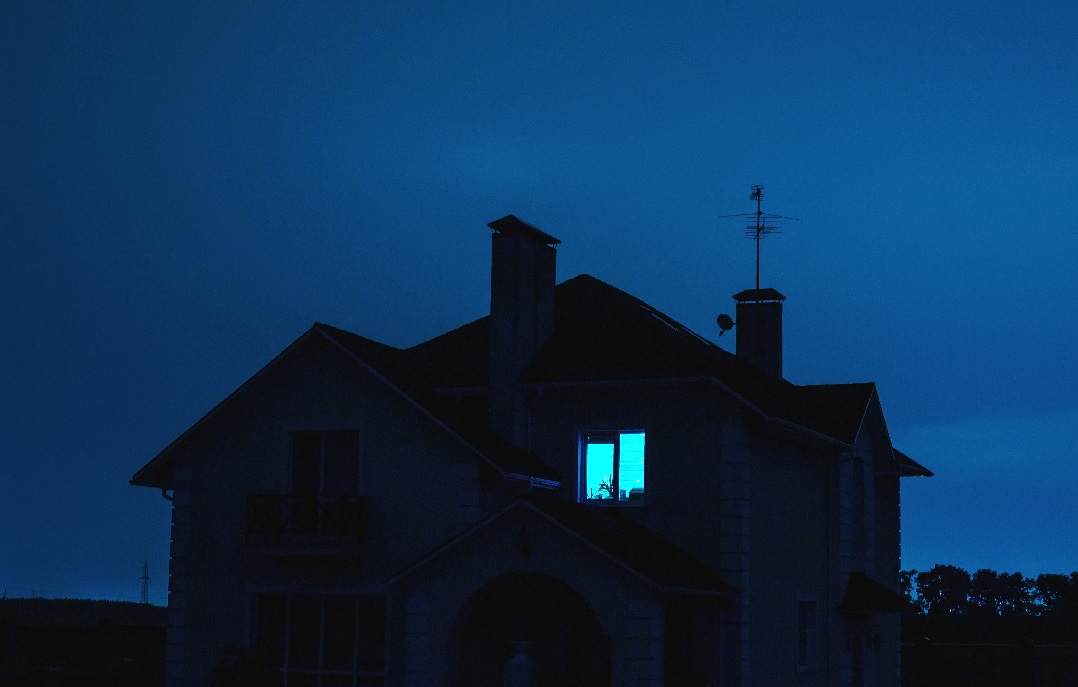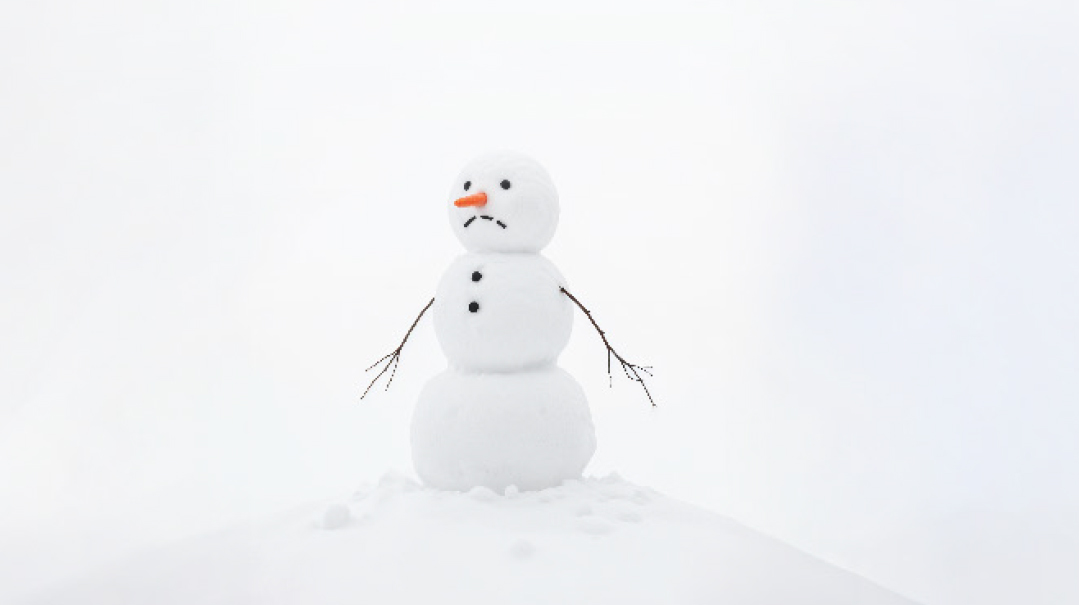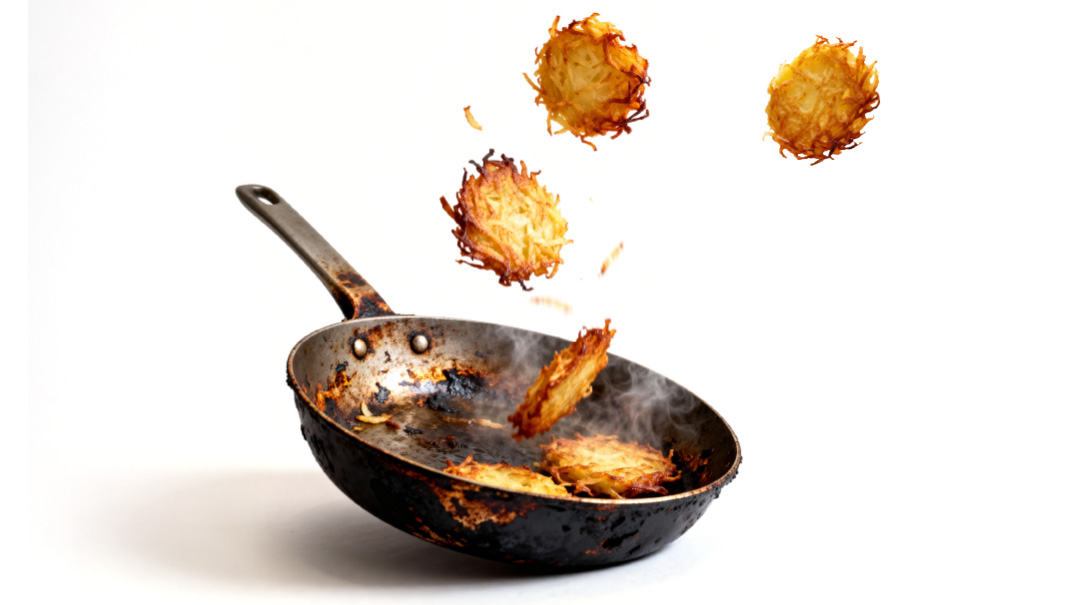After the Fall
| March 12, 2014Is it really Purim today?

Purim, Last Year
A
t one o’clock, my father’s talmidim line up outside the house, while we hastily swallow most of the seudah. When they become an entire legion, they give a short rap at the front door, race inside, fill up the dining room. They start to sing, voices rising higher, higher. Sometimes, they grow quiet and my father’s voice can be heard, telling stories, darshening, cracking jokes. A ripple of laughter. Another spurt of song. Fifty pairs of polished black brogues pound on our hardwood floor, so hard that the chandelier rocks from side to side.
Now they leave, a train of boys running down the garden path, some dawdling either for attention or because the wine has slowed their legs. When all is quiet and we take over our dining room again, the table is littered with used plastic cups, some completely drained of the last drops of alcohol, others discarded halfway through.
Near the head of the table is a sea of envelopes delivering appreciation and checks. All over the room — on the couch, chairs, atop the breakfront — are mishloach manos of every shape and size. There’s the big one, communally organized by the class macher, and all the smaller ones dedicated mothers have painstakingly put together. Later we’ll spend a good portion of the evening organizing the snacks into designated bags: the chocolates into a large shopping bag, the candy into a glass container, the baked items in the freezer. They’ll carry the family through the lulls in Pesach cleaning over the next month.
We don’t have quiet for long. Though the first wave is gone, the second will quickly follow: students from last year and ten years ago, and families, and other people who stop by to drink together and dance. So we eat fast and clear away the plates in time for the next invasion. As I wait for the second round, I throw open the bay window and breathe in the crisp air.
From across the street, warm yellow light beams out of every corner window of the Rosenbaum house. I see the milling of people through their open dining-room window. Every two minutes, another car careens to a hasty stop in front of their home; before long it looks like a happy festival of festooned cars, haphazardly dancing with each other as they try to make their way up the street, or down the opposite way. Each car blares horns and music, until the street becomes a concert. Costumed men sing along off tune, too far gone to notice. People walk out of there patting their shirt pockets. Drunk groups stagger out laughing, individuals smile to themselves as they make their way back to their cars.
From her bedroom window, the Rosenbaum girl is looking out, also catching some air, maybe watching some of the craziness on our doorstep. We catch each other’s gaze, and I raise my hand in a wave. Camaraderie. It’s what Purim’s all about.
Purim, This Year
I
s it really Purim today?
All the signs are there. As my husband and I walk over to my parents’ home we see little boys, strapping in their $30 police uniforms, people carrying packages in and out of their cars and little heads bedecked with veils, crowns, and white straw hats. It must be Purim. But it sure isn’t the Purim I know.
Last night, we finished tying ribbons on our packages of baked miniatures. Then I went home. It was after the Megillah reading at my parents’ house. This year, our reading was uninterrupted. Other years, as Haman was hung and Shushan rejoiced in the ancient chant of the Megillah, the reading was punctured with loud knocks and people walking in. We’d hold up a hand to ward off the intruders, and they’d either leave for their next destination or wait respectfully for the Megillah’s happy conclusion, when they’d burst out in song.
This year we finished early. It was just page after page in the small megillah from a cousin’s sheva brachos, and then we said the brachah and went into the kitchen while my father furled up his scroll.
And now it’s the morning.
We’ve distributed our offerings to neighbors and friends. The children have been dispatched or escorted to their teachers’ homes. Only six packages remain, to take to further locations or to those who send us and we want to reciprocate.
And it’s only 11 a.m.
My mother asks, “Should we wash?”
And my father says, “Yes, later we’ll nap.”
So we serve the Purim seudah, savoring all those delicacies my mother always made and nobody had too much time to notice. We sing.
This year, nobody disturbs us. Since my father lost his job our home is no longer the place to be. Previous talmidim are not interested in visiting the home of a rebbi who is out of circulation. There are no current talmidim. My father is out.
A truck with loud music passes by, youngsters hanging off its painted sides. We stare out the window as it rounds the corner and disappears.
Mishloach manos trickle in. Most are from my siblings’ friends. Some are from neighbors and aunts. The Rosenbaums send over their package, a cellophane-wrapped collection of supermarket specials. “Didn’t they go away for Purim?” someone asks.
Last night, their garden lights were on, but every window was dark. Their driveway was empty, but for the occasional car that still drove up, stopped, and left the engine purring and all four doors open while its occupants banged on the door and pressed the doorbell. I hear the Rosenbaums slept in a motel to avoid this.
There is definitely less traffic this year, but apparently, not all lists or ears have heard how the Rosenbaums have lost everything. That they have nothing left to give. In fact, some of the money collected today will be surreptitiously handed over to them to see them through Pesach.
It’s late afternoon and the Rosenbaums are home, sending out packages that look nothing like the liquor and pastries of last year. But chocolate-dipped wafers are fine. They are a gesture of friendship. And we, the neighbors, send back our own modest mishloach manos.
Camaraderie. It’s what Purim’s all about.
(Originally featured in Family First Issue 383)
Oops! We could not locate your form.






